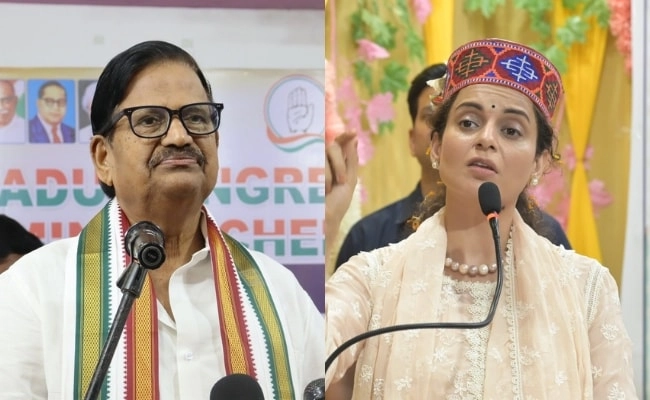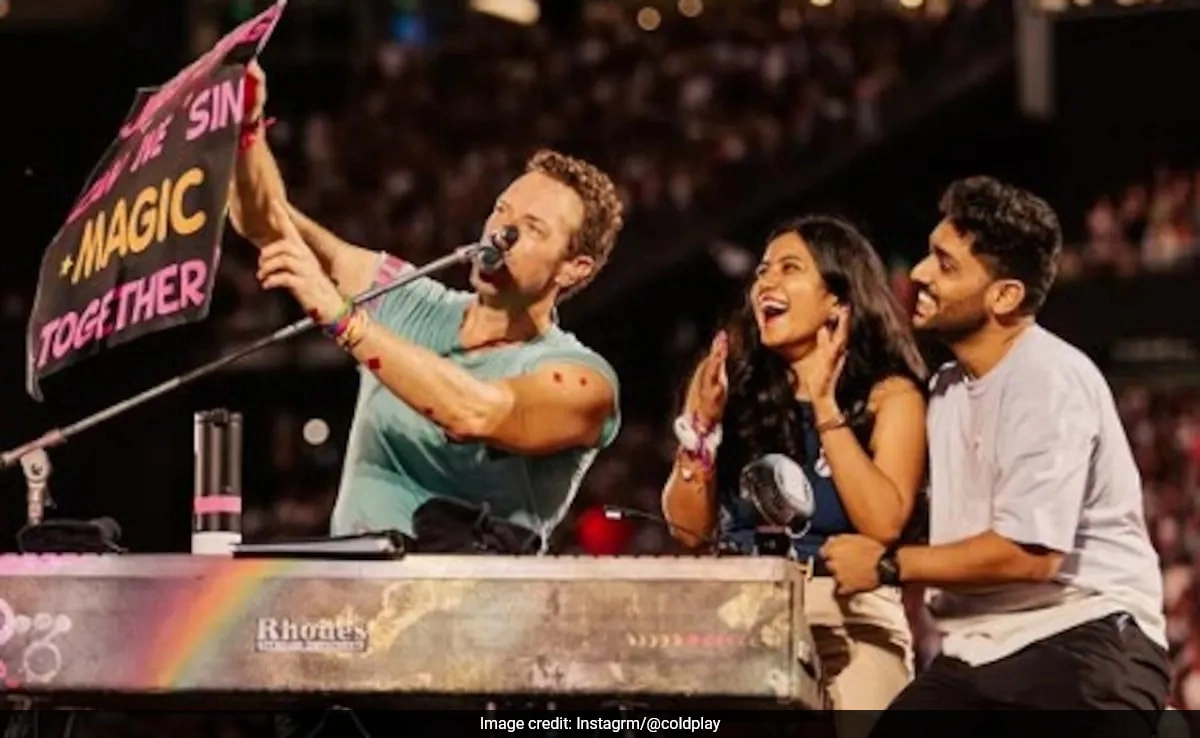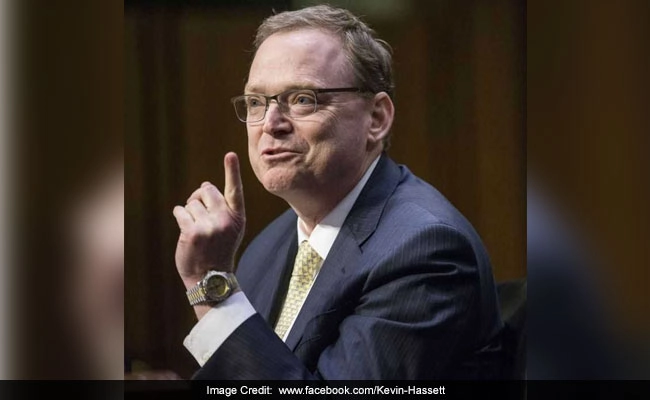A recent comment made by a Congress leader has ignited a significant controversy, particularly due to its provocative nature. The leader, while addressing a gathering, suggested that Kangana Ranaut, the well-known Bollywood actress, should be slapped for her outspoken views and provocative remarks. This statement has drawn widespread criticism, with many labeling it as an incitement to violence and an attack on freedom of expression. The political climate surrounding this incident has intensified, as it touches upon the sensitive issues of celebrity influence, freedom of speech, and the often contentious relationship between public figures and political leaders.
Kangana Ranaut, never one to shy away from confrontation, responded to the comments with her characteristic forthrightness. She expressed her disapproval of the Congress leader’s remarks, emphasizing that resorting to violence is never an acceptable way to address disagreements. Ranaut, known for her bold opinions and willingness to engage in heated debates, highlighted the importance of dialogue over aggression. Her response underscores the need for constructive discourse, especially in a politically charged environment where statements can easily escalate into larger confrontations.
The incident has sparked a broader conversation about the responsibilities of public figures, both in politics and entertainment. As celebrities like Kangana Ranaut wield considerable influence over public opinion, their comments can provoke strong reactions, both supportive and critical. Meanwhile, politicians must navigate the fine line between expressing their views and promoting respect for opposing perspectives. This dynamic often leads to confrontations that can overshadow the original issues at stake, diverting attention from meaningful discussion to sensationalism and personal attacks.
In the wake of this controversy, many are calling for a more respectful approach to political discourse. Advocates for free speech argue that while criticism is inevitable, it should remain within the bounds of civility and respect. The backlash against the Congress leader’s comments reveals a growing intolerance for rhetoric that advocates violence, even in jest. As the debate continues, it serves as a reminder of the power of words and the responsibility that comes with public expression, especially in an era where social media amplifies every statement and reaction.




